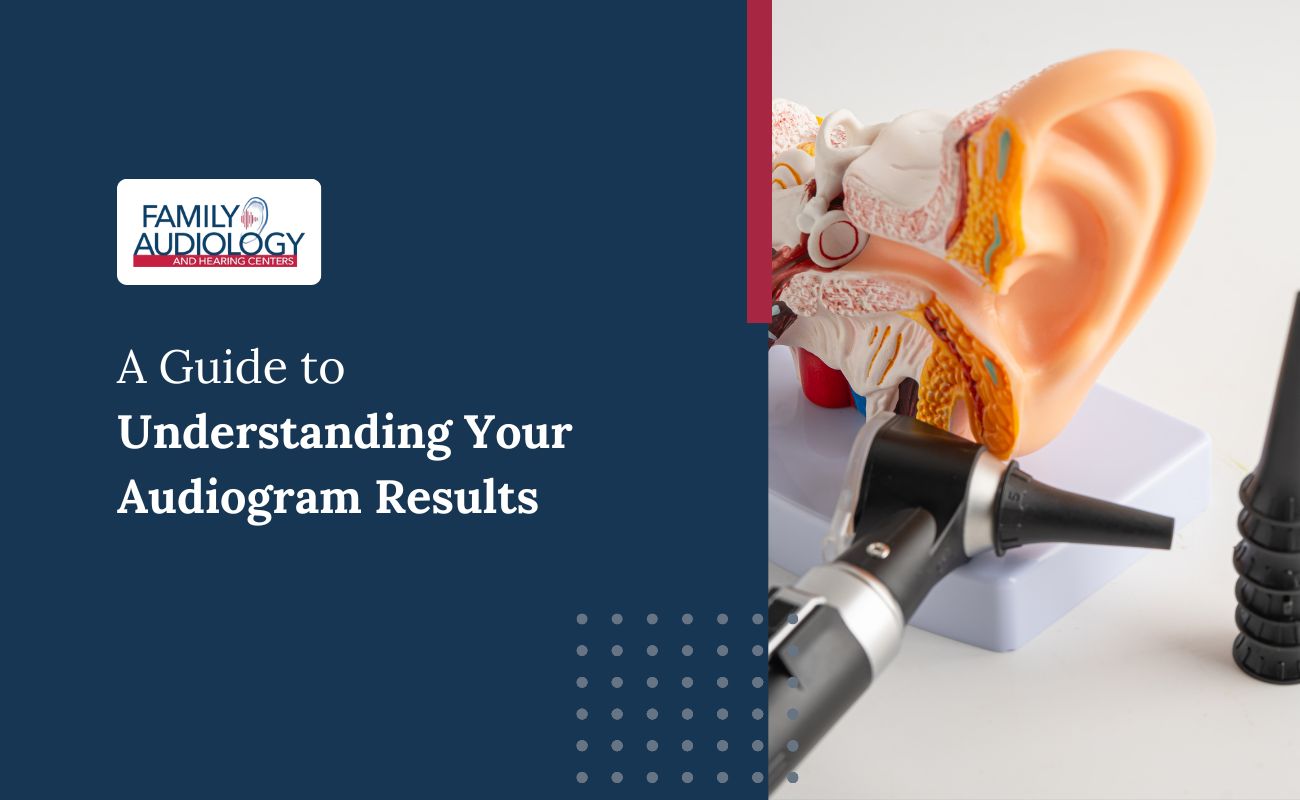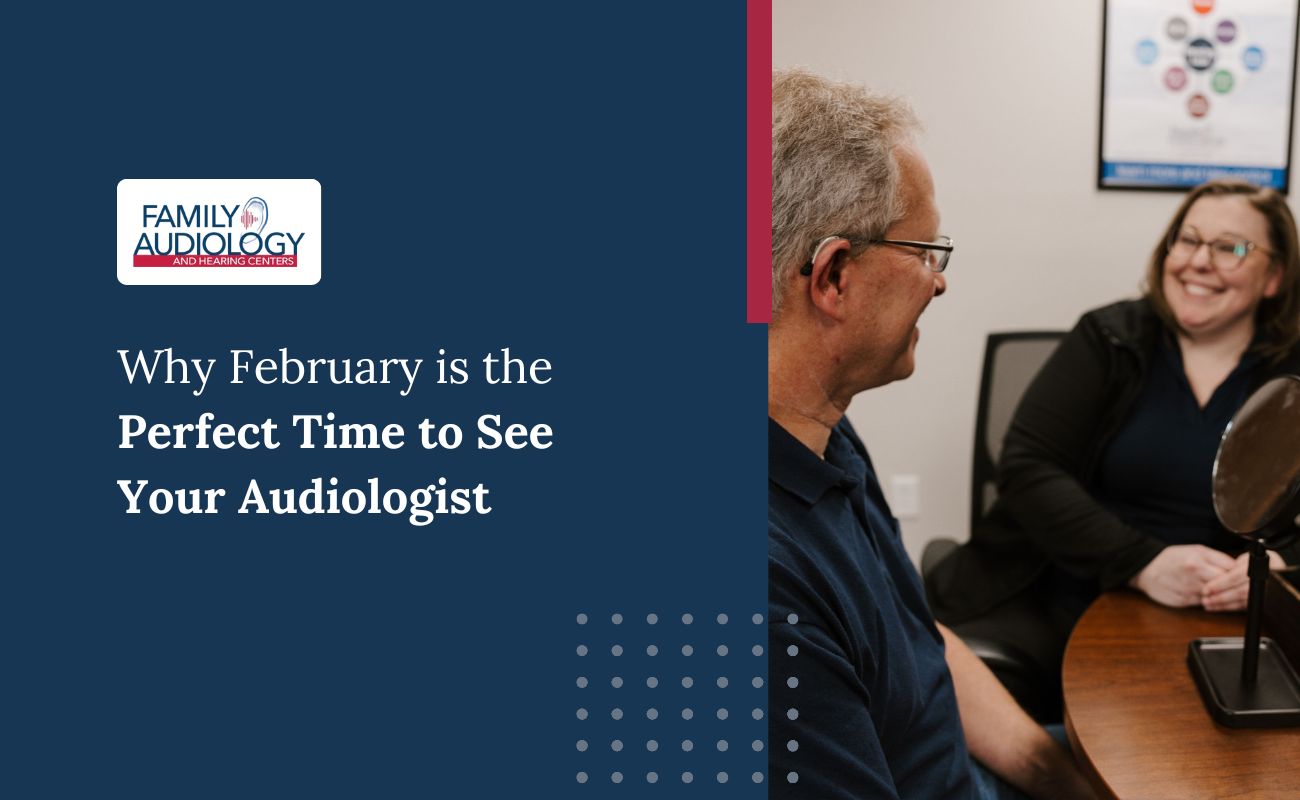What Is Misophonia and Should I Be Concerned?



What Is Misophonia And Should I Be Concerned?
Misophonia is a lesser-known auditory condition that affects many people worldwide. If you have strong emotional reactions to some sounds, misophonia could be the cause. In this article, we discuss what misophonia is and its possible causes. We also mention how a hearing professional can help individuals with this condition.
What Is Misophonia?
Misophonia is also known as selective sound sensitivity syndrome. It is a condition characterized by an extreme emotional reaction to specific sounds. These sounds, called "trigger sounds," can include chewing, breathing, tapping, or even speech. For those with misophonia, these sounds cause feelings of anger, anxiety, or disgust. This can impact their daily life and well-being.
What Causes Misophonia?
The exact cause of misophonia is still unclear. Researchers believe it may involve a combination of neurological, psychological, and environmental factors. Some potential contributing factors include:
- Neurological Factors. Studies show that those with misophonia have more activity in the limbic system. This system processes emotions, and the auditory cortex, which processes sound. This increased activity suggests that the brain may be overreacting to certain sounds. When that happens, there is an emotional response.
- Psychological Factors. Some researchers believe that misophonia may be due to anxiety disorders or OCD. These conditions may cause individuals to focus on specific sounds. They can develop negative associations with these sounds, leading to an emotional reaction.
- Environmental Factors. Exposure to specific sounds or environments during childhood may lead to misophonia. A traumatic event with a certain sound may lead to a heightened sensitivity to some sounds as well.
Should Misophonia Be A Concern?
Misophonia can impact an individual's quality of life. It causes stress, anxiety, and difficulties in social situations. If you have strong emotional reactions to specific sounds, contact a hearing professional. They can determine if the symptoms are due to misophonia or another condition. They can also recommend appropriate treatment options.
How Can A Hearing Professional Help?
A hearing professional can play a crucial role in helping individuals with misophonia. Some ways they can help include:
- Diagnosis. A hearing professional can assess your symptoms and test your hearing. They work to determine if misophonia is the cause of your sound sensitivity.
- Treatment Options. There is no cure for misophonia, but there are treatment options to manage the condition. These may include sound therapy, cognitive-behavioral therapy (CBT), or relaxation techniques.
- Education and Support. A hearing professional can provide education about misophonia. They can offer guidance on coping strategies. Consider using noise-canceling headphones or creating a sound-proof environment at home or work.
Contact Us
In conclusion, misophonia is a real and debilitating condition that affects many people. If you suspect you or someone you know has misophonia, seek help from a hearing professional. We can offer you the proper support and treatment. With help, those with misophonia can improve their symptoms and their quality of life. Contact us today for more information on misophonia.
Discover the Latest Articles
Stay informed with our informative articles.

Heart Disease and Hearing Loss Link Explained by an Audiologist

A Guide to Understanding Your Audiogram Results

Why February is the Perfect Time to See Your Audiologist
Contact your local Hearing Aid Specialists
At Family Audiology and Hearing Centers, we strive to be there for all your family’s hearing needs. Because of this, we have 17 convenient locations in Ohio and Wisconsin for you to visit. See which location is best for you and schedule an appointment today.

